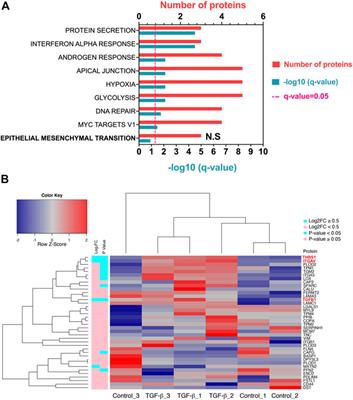ORIGINAL RESEARCH
Published on 12 Aug 2021
Identification of Hub Genes and Pathways Associated With Idiopathic Pulmonary Fibrosis via Bioinformatics Analysis

doi 10.3389/fmolb.2021.711239
- 7,018 views
- 23 citations
14k
Total downloads
55k
Total views and downloads
You will be redirected to our submission process.
ORIGINAL RESEARCH
Published on 12 Aug 2021

REVIEW
Published on 09 Aug 2021

ORIGINAL RESEARCH
Published on 15 Jul 2021

ORIGINAL RESEARCH
Published on 21 Jun 2021

ORIGINAL RESEARCH
Published on 08 Jun 2021

ORIGINAL RESEARCH
Published on 04 Jun 2021

ORIGINAL RESEARCH
Published on 13 May 2021

ORIGINAL RESEARCH
Published on 19 Mar 2021

ORIGINAL RESEARCH
Published on 04 Sep 2020

